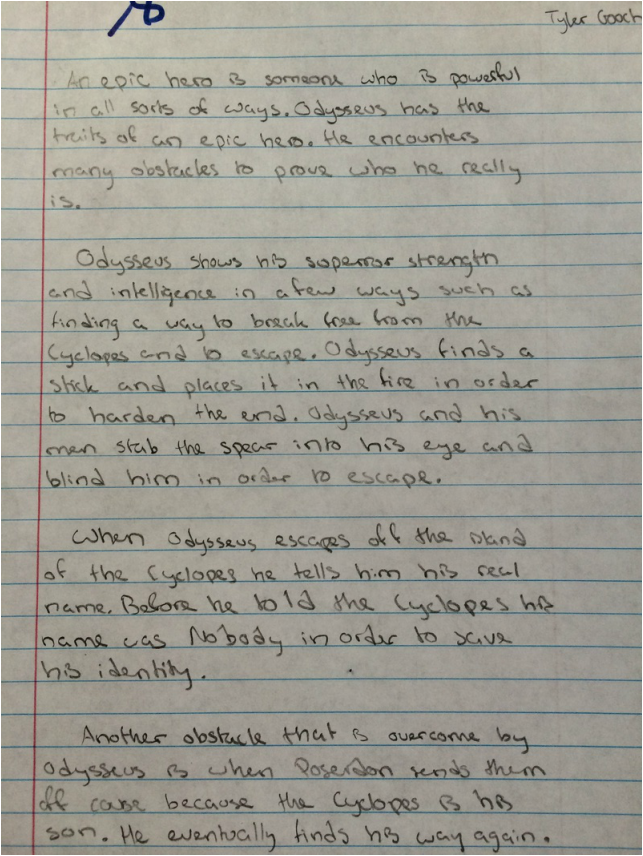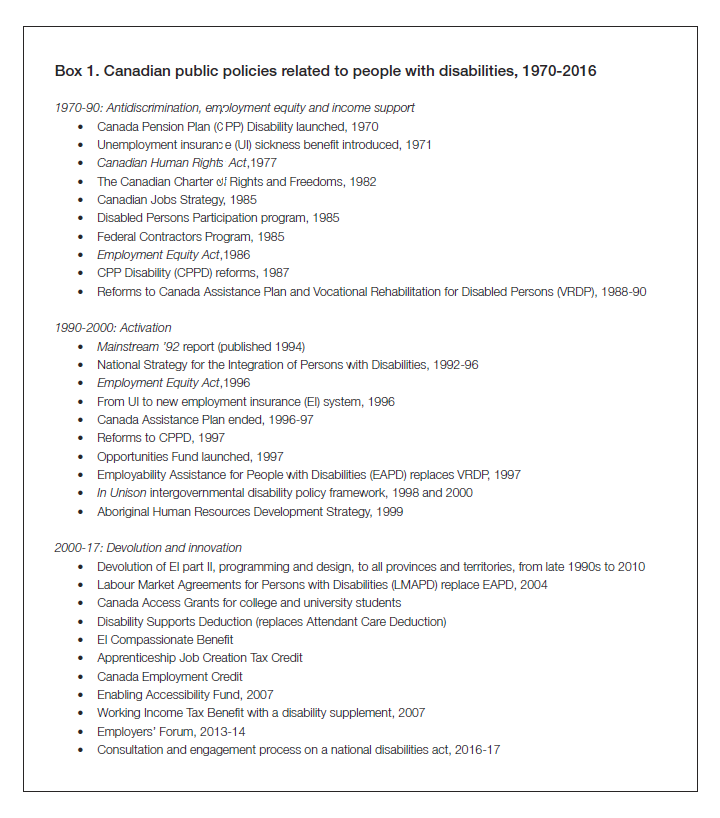Case Studies - Alice's Frail Mother.
Case Studies: Alice's Frail Mother. Rosemary Flanigan, PhD. What Part of DNR Don’t You Understand? Yesterday, Martha T. was taken to Oak Grove Nursing Home by her daughter. The developing Alzheimer-type degeneration has caused such havoc in Martha that her daughter, Alice, is no longer able to care for her at home. Oak Grove has a special.
Paramedics brought to the emergency department an unconscious 70-year-old man with “Do Not Resuscitate” tattooed on his chest. The ICU team decided to honor the preference expressed in the.

Do-not-resuscitate (DNR) orders are typically signed by physicians in conjunction with patients or their surrogate decision makers in order to instruct healthcare providers not to perform cardiopulmonary resuscitation (CPR). Both the medical literature and CPR guidelines fail to address when it is appropriate for physicians to sign DNR orders.

The order on do-not resuscitate is placed on the medical record of the patient by the doctor. For this case, the physician does not have the right to place an order requiring cardiopulmonary resuscitation. The order can yet help in preventing unwanted and unnecessary intensive treatment at the end of time period.

Case Study: Disagreement Over Advance Directive 80-year male with multiple medical problems with esrd, dementia, stroke, bedridden and with low blood pressure. Not responsive to medical team.
Do-not-resuscitate (DNR) orders are common among children receiving palliative care, who may nevertheless benefit from surgery and other procedures. Although anesthesia, surgery, and pediatric guidelines recommend systematic reconsideration of DNR orders in the perioperative period, data regarding how clinicians evaluate and manage DNR orders in the perioperative period are limited.

The do-not-resuscitate (DNR) order and advance directives are still a debated issue in critical care patients.The DNR order in the case of terminal illness is encouraged in Islam.International.

Absent Documentation Regarding Perioperative Decision-Making Surrounding DNR Orders. In this case series study from a single children's hospital, we found that notes documenting perioperative decision-making about resuscitation plans were absent for 41% of procedures, most commonly for procedures conducted in interventional or diagnostic radiology. Anesthesiologists and inpatient teams most.

DNR Case Study In the DNR case study, the CNA left the patient to get longer tubing for the patient's oxygen so that he could take him to the restroom. While the CNA was gone, the patient removed his oxygen, and he tried to go to the restroom on his own. He ended up falling and coding. When the CNA returned, he started CPR and called a code.

Case Study: A Terminally Ill Suicide-Attempt Patient in the ED A 63-year-old male with metastatic cancer, currently enrolled in hospice but living at home, is brought to the ED by EMS with a gunshot wound to the head that was apparently self-inflicted in a suicide attempt. The family informs ED personnel that the patient has a health care directive stating “no heroic measures.” The Medical.

Introduction In cancer care, do-not-resuscitate (DNR) decisions are made frequently; i.e., decisions not to start the heart in the event of a cardiac arrest. A DNR decision can be a complex process involving nurses and physicians with a wide variety of experiences and perspectives. Previous studies have shown different perceptions of the DNR decision process among nurses and physicians, e.g.

DNR impact on mortality. Surprisingly, the mortality rate for patients with and without a DNR order on their charts is significant when trying to understand the negative impact a DNR can have on both hospital outcomes and the perceived quality of care hospitalized patients receive.

Since a landmark ruling in 2014, medics are compelled BY LAW to consult with both the patient and their family before placing a DNR order in their records. Shockingly, in one in five cases that.



